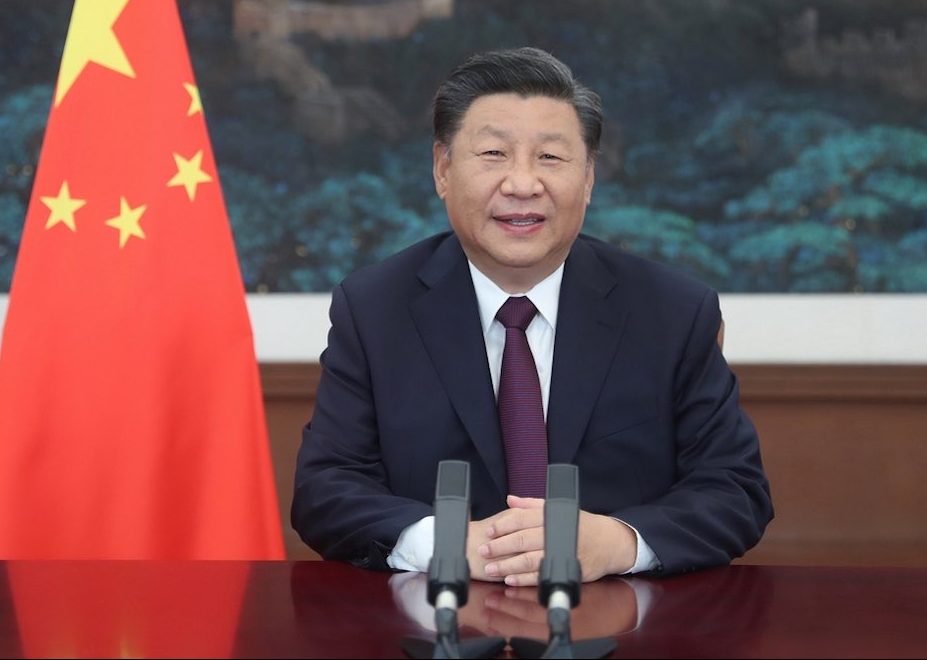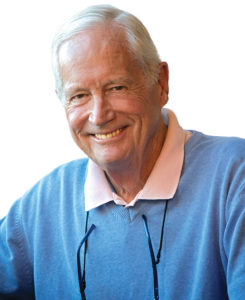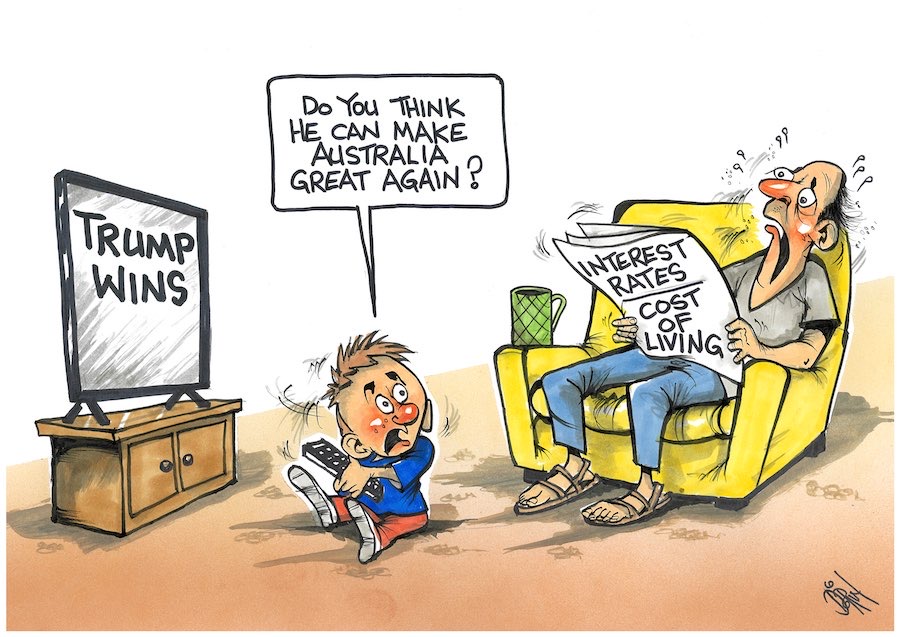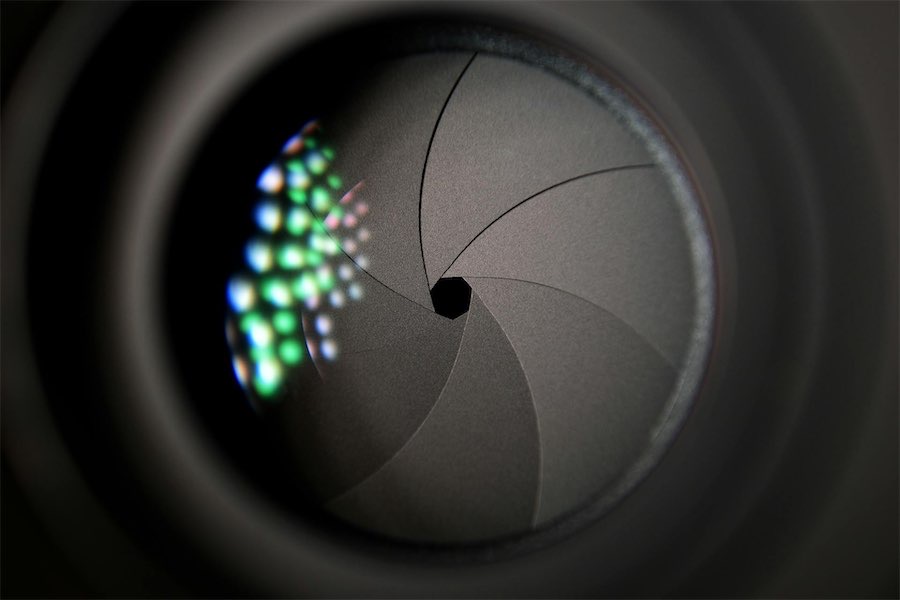
“We are all trying to survive a worldwide existential threat posed by man-made climate change and one of its most virulent manifestations, the COVID-19 pandemic.,” write “The Gadfly” columnist ROBERT MACKLIN.
NO-ONE likes to be the bearer of bad tidings, not even the IPCC in its frightening report on climate change.

Recently, I was asked to give a talk to the Australia-China Friendship Society, based on my book, “Dragon and Kangaroo”, the shared history of the two countries over the last 200 years. And right now the relationship is pretty grim.
In fact, there’s no doubt that we live in what the Chinese would call “interesting times”. But the apocryphal curse applies just as much to the Chinese people – and their Communist Party leadership – as it does to the former colonial nations of Europe and their offshoots in the US and Australia.
We are all trying to survive a worldwide existential threat posed by man-made climate change and one of its most virulent manifestations, the COVID-19 pandemic.
We think things are bad now, but it’s entirely possible that it’s only the beginning of a much more serious sequence of pandemics. We may well be at the start of an era that will determine whether our scientists and our political leaders have the imagination, the wisdom and the will to guide our species through its darkest hour.
If they fail, then the future doesn’t bear thinking about. But if we scrape through it occurred to me that given our shared history, China and Australia have a chance – albeit a slight one – to resume a relationship based on mutual respect and understanding.
Let’s not fall into the mental trap of thinking that the current Communist Dynasty will endure forever; that somehow it marks the end of Chinese history. Like all the others, it will eventually fall; the only question is when. The human spirit demanding freedom, justice and self-respect will triumph in the end.
Meantime, as the Olympic Games has revealed quite beautifully, when stripped to its basics, we are all equally human, equally prone to the strengths and weaknesses, the tumbles and revivals of life’s tribulations. Against that, we have different approaches to governance. In China, power and authority resides with the emperor and is devolved to his agents. He is chosen either by family heritage or a cabal of associates. In Australia, authority rises from the people via the ballot box to the executive. But what is rarely appreciated is the concentration of power in the hands of the prime minister. He heads both the executive and the legislative branch and has final say in the appointment of the head of state and the High Court judges.
So while we often say the two systems are incompatible, there are also strong similarities; and both are subject to the iron law of Lord Acton: “All power tends to corrupt and absolute power corrupts absolutely.”
Clearly there’s a danger that Emperor Xi will try to divert attention from domestic disaster with the folly of a military Taiwan takeover. And while no Australian prime minister has yet tested the limits of his de facto power to remain in office, in a world at panic stations over climate change and pandemics, we should not discount any possibility.
Nevertheless, I’m an optimist. And paradoxically, the economic slowdown caused by the pandemic will give us a little more time to act on climate change and think about the consequences if we fail.
There’s time to replace recalcitrant governments at the ballot box, or with a popular uprising in countries where the ballot box has been corrupted. In the end, it’s up to us. And that’s good news. Well, goodish.
Who can be trusted?
In a world of spin and confusion, there’s never been a more important time to support independent journalism in Canberra.
If you trust our work online and want to enforce the power of independent voices, I invite you to make a small contribution.
Every dollar of support is invested back into our journalism to help keep citynews.com.au strong and free.
Thank you,
Ian Meikle, editor




Leave a Reply